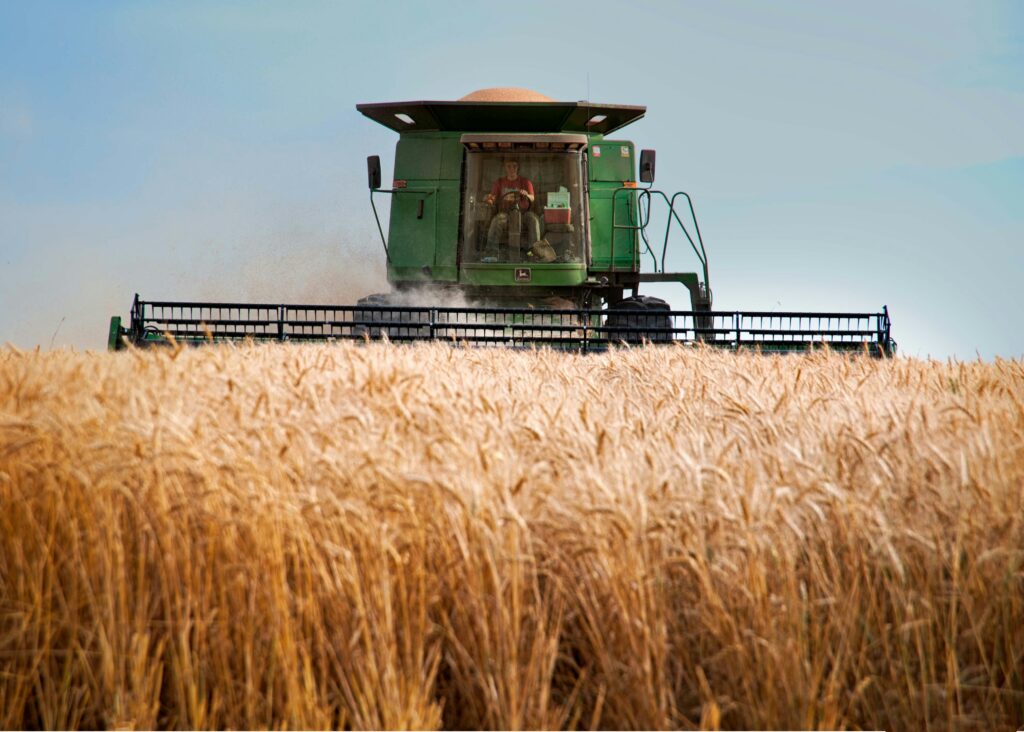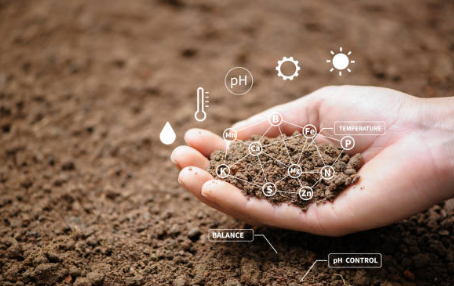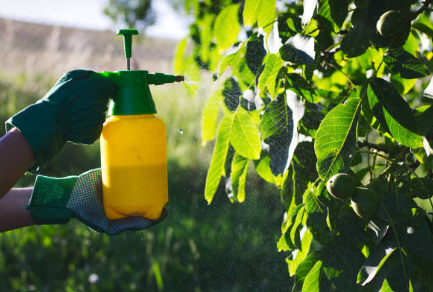
At Shubhodaya Rural Business Incubator Farmers Federation, our agricultural programs are designed to uplift rural farmers by enhancing productivity, sustainability, and profitability. We aim to provide farmers with the knowledge, tools, and resources necessary to thrive in today’s evolving agricultural sector.
Learn environmentally friendly methods that improve crop yields.
Gain hands-on experience with the latest agricultural tools and machinery.
Master the best practices for planting, nurturing, and harvesting crops.
Understand techniques to maintain and improve soil fertility and structure.
Learn integrated pest management strategies to protect crops with minimal environmental impact.
Sustainable farming practices focus on methods that protect the environment, maintain soil fertility, and promote biodiversity. These practices aim to create a balance between agricultural productivity and environmental health. Techniques include crop rotation, organic farming, conservation tillage, and the use of natural fertilizers and pest control. By adopting sustainable farming practices, farmers can improve crop yields while preserving natural resources for future generations.


Modern equipment usage involves the adoption of advanced agricultural machinery and tools to increase efficiency and productivity on the farm. This includes tractors, automated planters, harvesters, and irrigation systems equipped with the latest technology. Using modern equipment allows farmers to perform tasks more quickly and accurately, reduce labor costs, and minimize resource waste. By integrating these tools, farmers can optimize their operations and enhance overall crop management.
Effective crop management encompasses a range of practices aimed at optimizing the growth, health, and yield of crops. It involves careful planning and execution of planting schedules, selecting appropriate crop varieties, and implementing best practices for irrigation, fertilization, and pest control. Monitoring soil health, managing weeds, and ensuring proper plant spacing are also key components. By employing effective crop management techniques, farmers can maximize productivity, improve crop quality, and ensure sustainable use of resources.


Soil health management focuses on maintaining and improving the quality and fertility of the soil to ensure long-term agricultural productivity. This involves practices such as crop rotation, cover cropping, reduced tillage, and the use of organic amendments like compost and manure. Soil health management aims to enhance soil structure, increase organic matter content, promote beneficial microorganisms, and prevent erosion. By prioritizing soil health, farmers can create a more resilient farming system that supports robust crop growth and sustainable agricultural practices.
Pest and disease control involves strategies and practices aimed at preventing, managing, and mitigating the impact of pests and diseases on crops. This includes integrated pest management (IPM) techniques, which combine biological, cultural, mechanical, and chemical methods to control pests in an environmentally friendly and sustainable way. Practices such as crop rotation, the use of resistant crop varieties, biological control agents (like beneficial insects), and targeted pesticide application are essential components. Effective pest and disease control helps ensure healthy crops, reduce yield losses, and minimize the environmental impact of agricultural activities.
